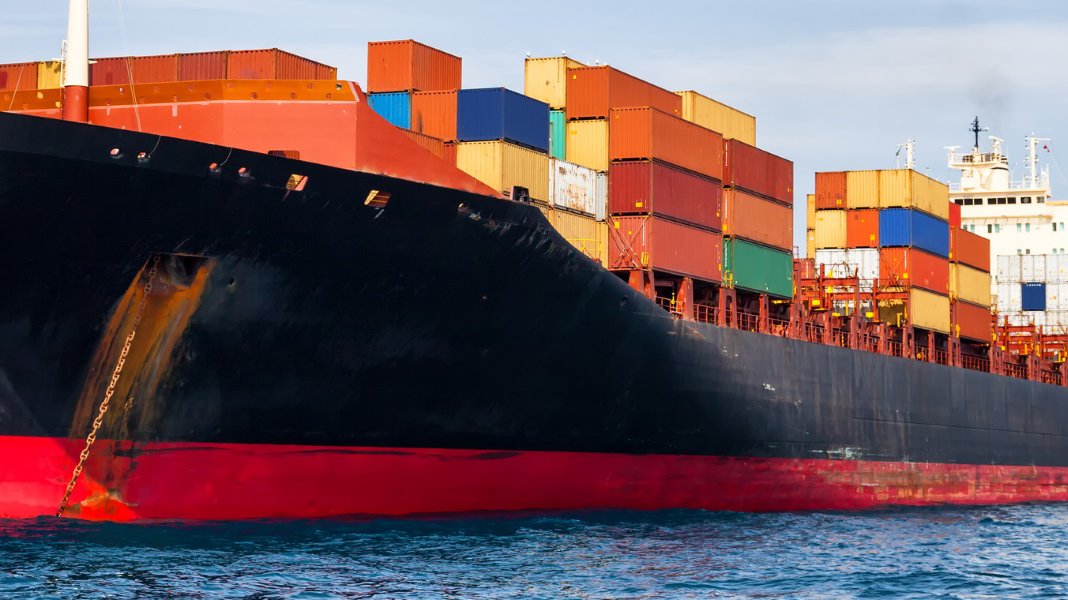TransShip – Transition to Hydrogen Powered Ocean-Going and Short-Sea Shipping with Enabling Retrofit Technologies

A partnership, led by the University of Strathclyde with the University of Exeter, Solis Marine Engineering Limited, Logan Energy Limited, O.S. Energy (UK) Limited and Chimera Energy Limited, is investigating the potential for full decarbonisation of marine shipping by assessing the feasibility of transitioning existing ships to hydrogen fuels and powertrains using enabling technologies. The project was selected as part of the UK’s Clean Maritime Demonstration Competition and has an overall budget of £628,000, funded by the Department for Transport in partnership with Innovate UK.
The TransShip project is evaluating the engineering and economic feasibility of a full repowering modification of an existing diesel-powered research vessel to enable it to run on pure hydrogen, a naturally carbon-free fuel which can be produced using renewable energy. Hydrogen fuel presents a strong technical challenge as the complete changeover of fuel and power/propulsion systems is far from a direct replacement, largely due to the challenges associated with storing and using compressed hydrogen with full safety and redundancy. Additionally, the scope of the selected target vessel represents a unique challenge compared with larger cargo vessels in terms of fitting sufficient fuel tank capacity and maintaining all required separation and redundancy due to the small vessel’s compact arrangement and hydrogen’s low density and volumetric energy density. Smaller vessels, such as the chosen target, have less space overall to work with and research vessels in general put a premium on deck equipment and lab spaces. This project represents an excellent starting point for demonstration of the technologies in a smaller, more technically challenging package, leading the way for future retrofits to be applied at higher economies of scale to the larger global marine cargo fleet.
Solis Marine Engineering (SME) is providing the naval architecture expertise to ensure that all evaluated technologies can be successfully integrated onboard the vessel with minimal operational changes. We began with preliminary evaluations of the vessel stability and anticipated weight changes to ensure basic viability of the proposed modifications. Further, the present capabilities and range of the vessel are being closely evaluated and measured to ensure that the modified vessel will be able to perform to the same level as it does presently. SME are working closely with the technology providers and vessel to develop the new arrangements incorporating all technologies and ensuring the modification work will meet all regulatory requirements and safety considerations.
If this investigation shows the conversion to be viable, a full conversion plan will be developed for the next stage which will allow us to demonstrate and evaluate the performance of the designed powertrain, battery bank for peak lopping/shaving and all incorporated energy saving devices.
For further information, contact Simon Hindley, Managing Director of Solis Marine Engineering, email s.hindley@solis-marine.com, telephone +44 (0) 1326 618115.
| Publicly known funding |
|---|
| The project was selected as part of the UK’s Clean Maritime Demonstration Competition and has an overall budget of £628,000 funded by the Department for Transport in partnership with Innovate UK. |
